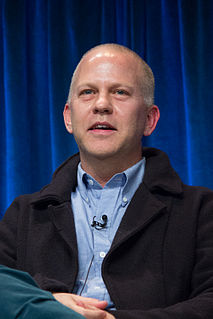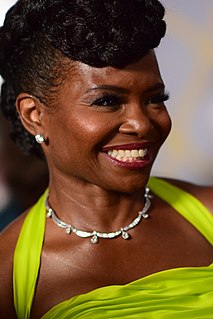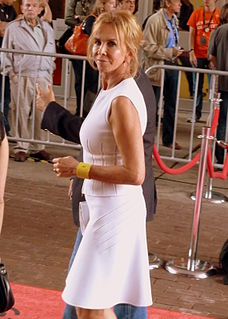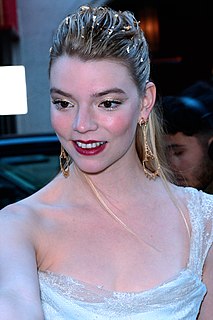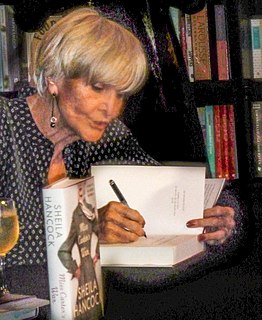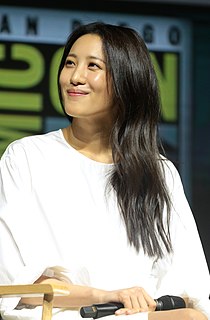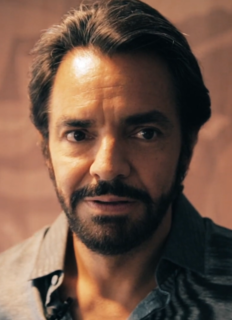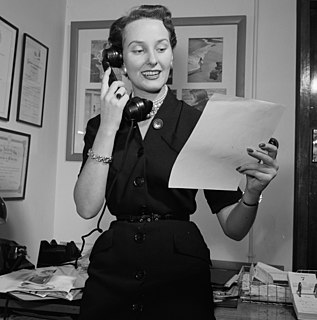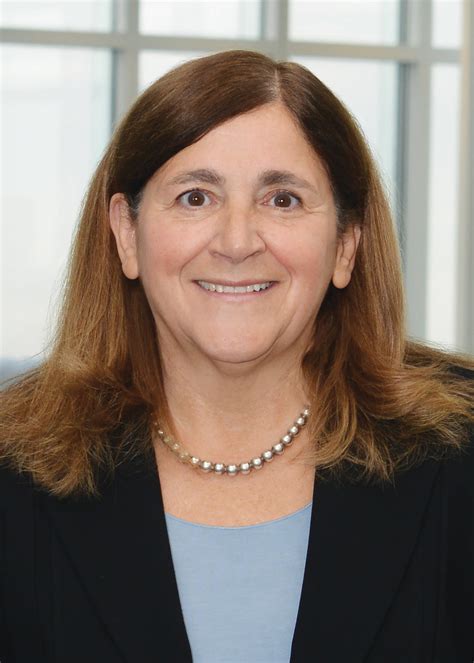A Quote by Sheryl Lee
I love directors who aren't going back to the stereotypes, who are helping write and create roles for women that are not in the typical Hollywood box. I'm very, very interested in films that are going outside of stereotypical roles for women.
Related Quotes
There still aren't enough[ roles for women of color]. And I'd say that's the case, not only for African-American women, but for all women in the Hollywood game. It's just slim pickings, and a very challenging time for us. I think that's why more of us need to work our way behind the camera in order to create roles that really illuminate who women are. We still have room for growth in that area, without a doubt.
If you just look at the number of roles for women versus the number of roles for men in any given film, there are always far more roles for men. That's always been true. When I went to college, I went to Julliard. At that time - and I don't know if this is still true - they always selected fewer women than men for the program, because there were so few roles for women in plays. That was sort of acknowledgment for me of the fact that writers write more roles for men than they do for women.
When I started coming to the U.S., they were offering me only the typical stereotypical roles: the druggard, the criminal, the gang member, or in the best-case scenario, the gardener or the cook. I was fed up with all these roles that were always the same. And I promised I would try to change the image of Latinos in Hollywood.
I'm very much for helping create women who are going to be successful women. I don't like women who imitate men, who want to emasculate men. I think women should be feminine. That does not mean a 'air-brain' or someone who is not strong. I think real strength is strength of character, not the ability to push everyone around.



